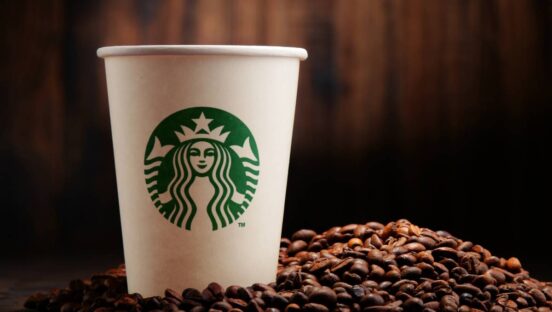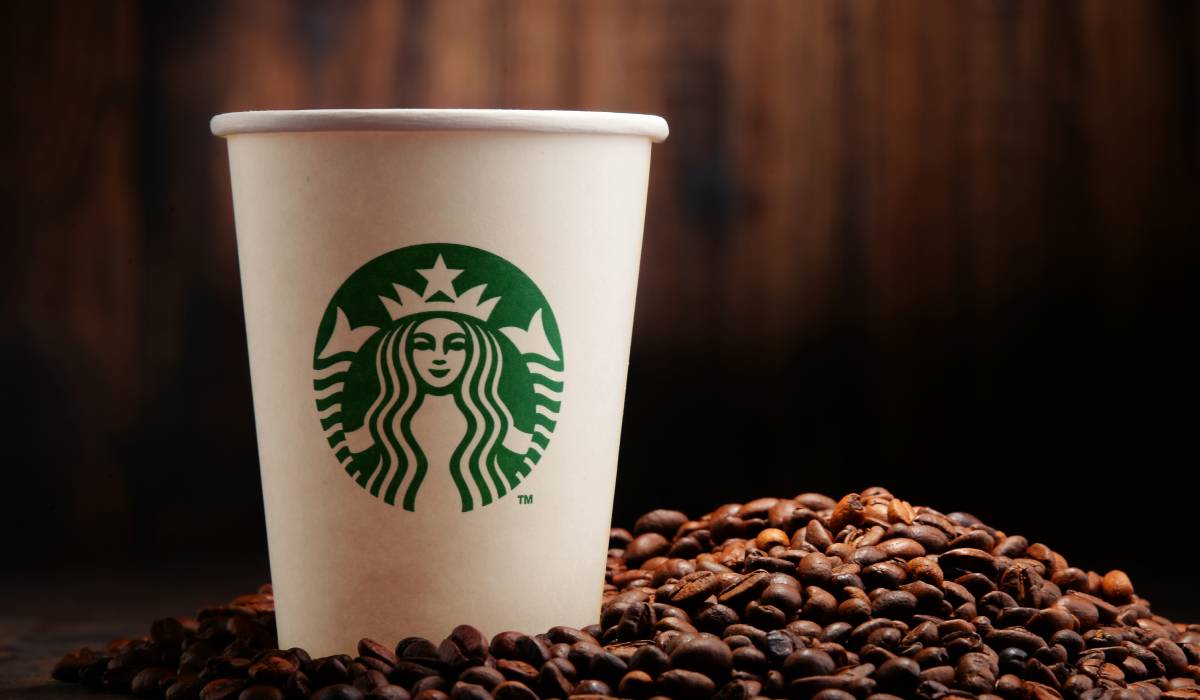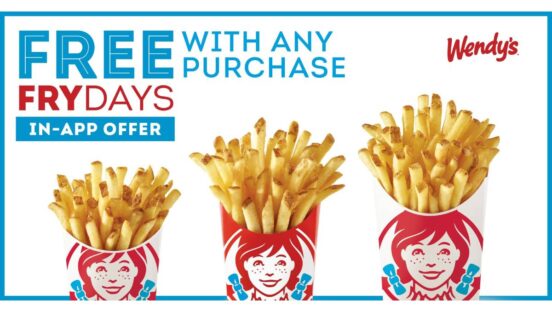The National Labor Relations Board (NLRB) is suing Starbucks over alleged retaliation against three members of a four-person union organizing committee.
The agency claims the coffee chain “disciplined, suspended, and discharged” one employee, “constructively discharged” another, and put a third worker on an unpaid leave of absence after revoking recently granted accommodations. Cornele Overstreet, the NLRB regional director who filed the petition, is asking a federal court to immediately reinstate the employees with their schedules and accommodations and remove discipline from their records.
The actions occurred in the Phoenix market.
“Employees have the fundamental right to choose whether or not they want to be represented by the union without restraint or coercion by their employer,” Overstreet said in a statement. “The faith of Starbucks employees nationwide in workplace democracy will not be restored unless these employees are immediately reinstated under the protection of a federal court order. Immediate injunctive relief is necessary to ensure that the Employer does not profit nationwide from its illegal conduct, to protect the employees’ Section 7 rights, to preserve the Board’s remedial power, and to effectuate the will of Congress.”
READ MORE: Will Starbucks take a sales hit from union conflict?
In denying the allegations, Starbucks claimed the workers were fired because they violated policies and in some cases, state law, according to NPR. The coffee giant said it’s suing labor union organization Workers United to protect customers and employees and prevent further “intimidation, bullying, and harassment” from union organizers, the media outlet reported.
Over the course of Starbucks’ union saga, Workers United said it’s filed 80 unfair labor practice charges against the quick-service chain. The group told NPR that Starbucks is “grasping at straws while they’re launching an unprecedented and aggressive anti-union campaign against workers, including terminating over 19 union leaders across the country.”
Starbucks founder Howard Schultz, who recently returned as interim CEO after Kevin Johnson’s retirement, said he wants the brand to speak “constructively” with employees, but noted the company can’t be “distracted by the different vision being put forward by union organizers at some Starbucks stores.”
“And while not all the partners supporting unionization are colluding with outside union forces, the critical point is that I do not believe conflict, division, and dissension—which has been a focus of union organizing—benefits Starbucks or our partners,” he wrote.
Starbucks created a FAQ page to inform workers on what unions would bring: “Voting for Workers United will not automatically change your pay and benefits or how we operate in any way. Voting in Workers United only gives the union negotiators the right to ask for changes to be made. Starbucks would have to agree to make any changes in negotiations,” the coffee chain said.
Of the 31 locations that have held union elections, 28 have voted in favor, according to Workers United. Employees at more than 200 stores across 31 states have sought unionization.











